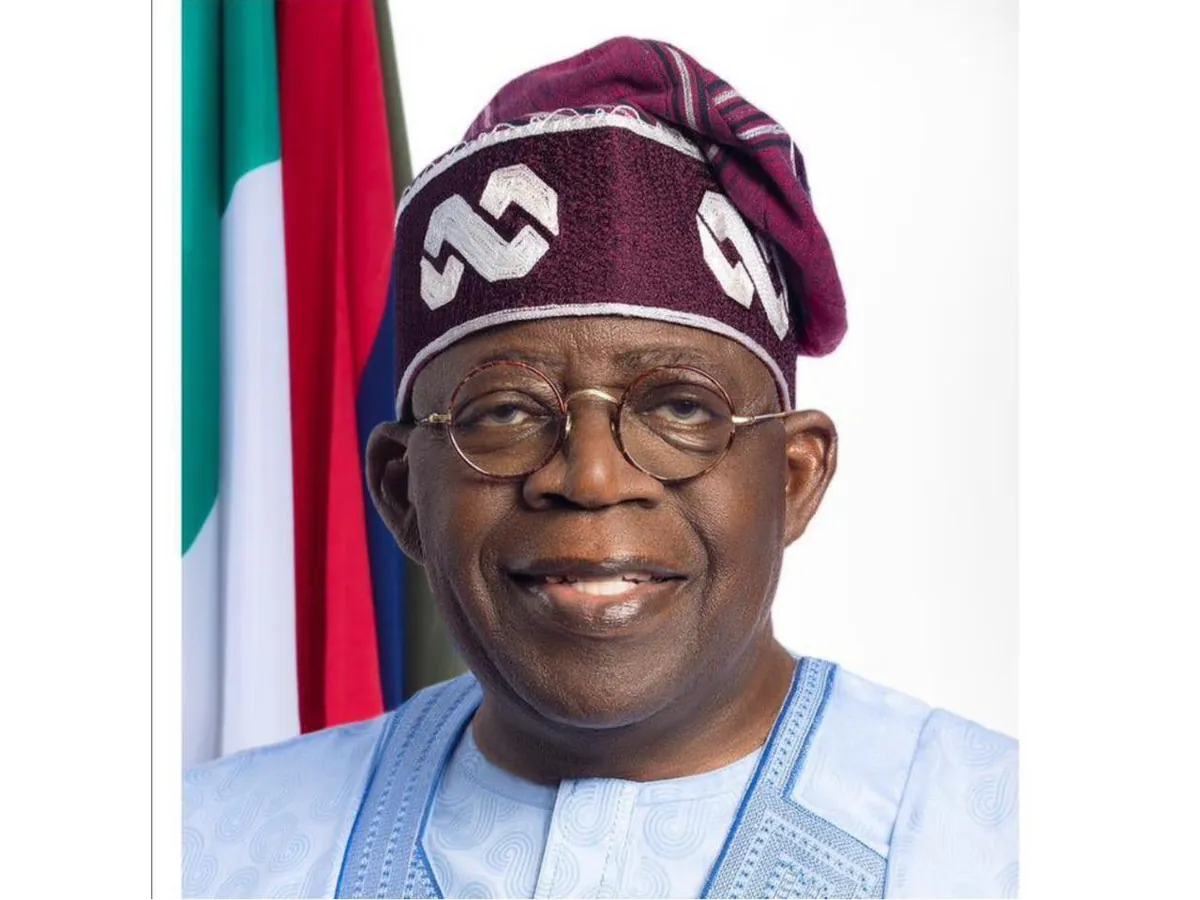

President Bola Tinubu
The Minister of Labour and Employment, Alhaji Muhammad Maigari Dingyadi, has reaffirmed President Tinubu’s administration’s commitment to tackling job creation and decent work deficits through a carefully planned energy transition that leaves no one behind.
Speaking at the Forum of the Coalition for Social Justice during the ongoing 113th Session of the International Labour Conference (ILC) in Geneva, the minister said the energy transition was not just an environmental imperative, but also a critical pathway to addressing Nigeria’s job creation challenges.
ALSO READ: Itel Solar Energy commissions first training Centre at University of Ibadan
“We are addressing the challenges of decent work and job creation by leveraging the opportunities embedded in the energy transition,” Dingyadi stated. “Our approach prioritizes a Just Transition, ensuring that climate and environmental policies are inclusive and fair, particularly for workers and communities affected by the shift away from fossil fuels.”
The energy sector, Nigeria’s largest emitter of greenhouse gases, accounts for a staggering 60% of total emissions. These emissions stem mainly from oil and gas production, power generation, and transportation. Yet, it also presents a transformative opportunity for sustainable job creation and economic diversification.
“While the energy sector poses a serious climate threat, it also holds vast potential for growth,” the Minister noted. “We can achieve both environmental goals and employment targets by investing in renewable energy, clean cooking technologies, and modernizing our grid infrastructure.”
In 2021, Nigeria launched its Energy Transition Plan (ETP), a groundbreaking data-driven roadmap aiming for net-zero emissions by 2060. The plan prioritizes emissions reduction across five key sectors: power, cooking, oil and gas, transport, and industry.
“Our transition strategy is two-fold,” Dingyadi explained. “We are pursuing a gradual shift away from fossil fuels while simultaneously expanding renewable energy to diversify our energy base.”
The ETP includes bold objectives, such as ensuring 90% of installed electricity generation capacity comes from renewable sources by 2050.
Acknowledging the socioeconomic impacts of this transformation, Dingyadi emphasized the government’s focus on a Just Transition for workers, especially those in the fossil fuel industries.
“This is why the ETP underscores social protection and support for workers and communities who may be displaced or impacted,” he said. “We are determined to ensure that no one is left behind.”
To this end, the International Labour Organization (ILO), in collaboration with the UNDP, UNIDO, and Nigeria’s National Council on Climate Change, is currently developing a Just Transition Action Plan for Nigeria. Furthermore, the ILO is integrating Just Transition principles into the ongoing revision of Nigeria’s Nationally Determined Contributions (NDC 3.0).
A major emphasis of Dingyadi’s address was the employment potential of climate-resilient policies. He referenced ILO projections that suggest policies to increase power generation in Nigeria could generate as many as 12 million net additional jobs between 2020 and 2035.
“Off-grid solar mini-grids, solar home systems, clean cooking solutions, and gas flare reduction projects are just a few of the emerging green sectors where jobs are being created,” he noted. “These efforts are not only tackling climate change but are also helping improve health outcomes and reduce poverty.”
This comes at a time when Nigeria faces a critical youth employment crisis, with over 60% of the population under the age of 25 and millions engaged in low-productivity informal sectors like biomass.
“The energy transition offers a unique opportunity to empower our youth not only through waged employment but also through self-employment and enterprise development,” Dingyadi affirmed.
To institutionalize this shift, Nigeria recently adopted the National Employment Policy which, alongside the country’s NDCs, promotes Just Transition through social dialogue, inclusivity, and multi-stakeholder engagement.
“We recognize that climate action is not the sole responsibility of the government. It demands a whole-of-society approach,” the Minister said. “This includes workers, employers, civil society, and the private sector.”
He concluded by reiterating Nigeria’s commitment to aligning employment policies with global climate targets while ensuring social justice and equity remain at the heart of the process.
They noted that the establishment of the university would greatly enhance agricultural research and climate…
Inspector General of Police (IGP), Dr Kayode Adeolu Egbetokun, has warned individuals and groups threatening…
The Assistant Inspector-General (AIG) of Police in charge of Zone 11, Fred Ekokotu, has assured…
SpaceX said a safety perimeter had been in place during the operation.
President Bola Tinubu on Thursday conferred the national honour of Commander of the Order of…
...it arrested one Alexander Ben Peter, who allegedly murdering own 71-year-old mother, Mrs Atiny Ben…
This website uses cookies.